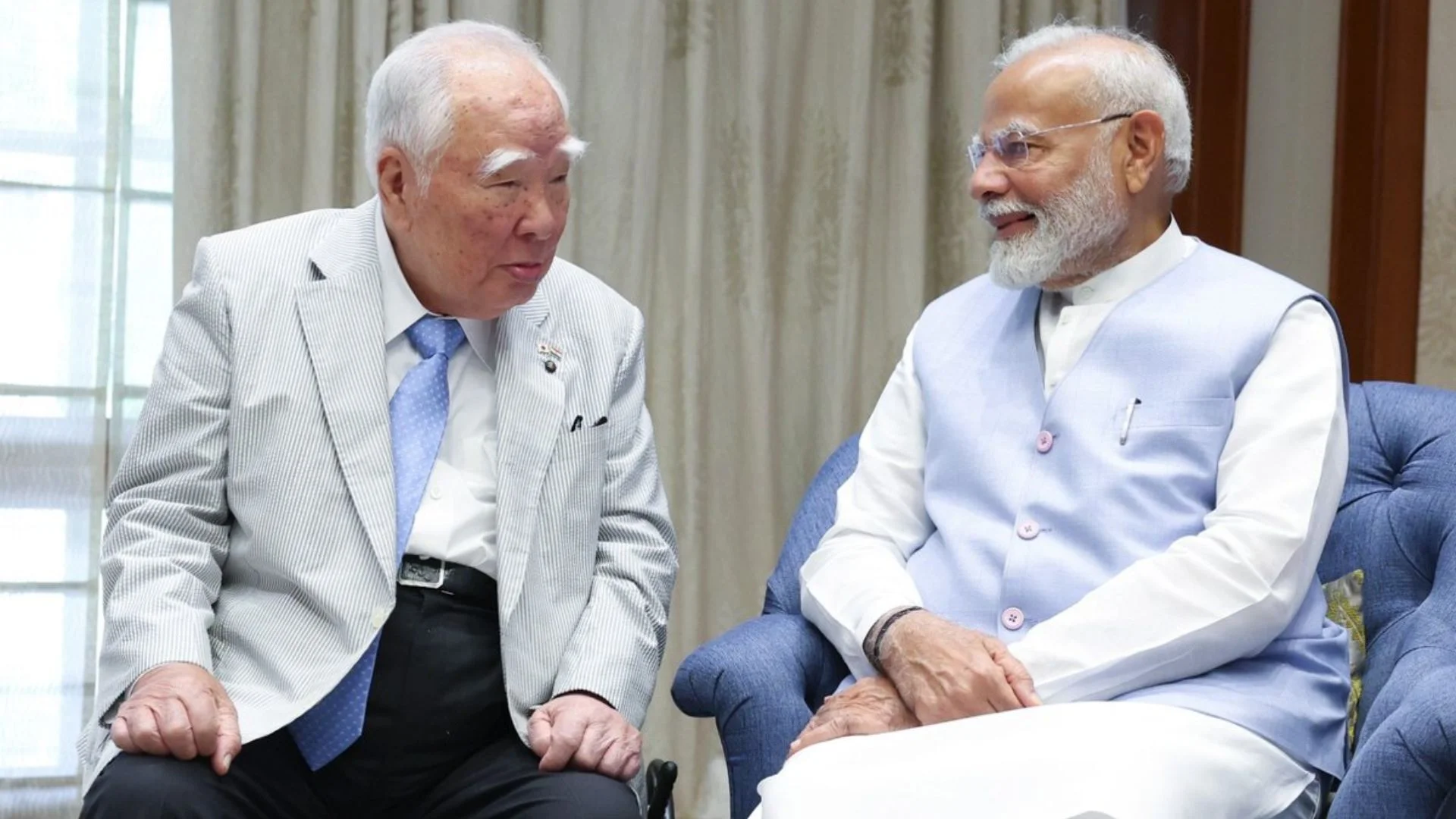The sacrifice of the four sons of Guru Gobind Singh, known as the Chaar Sahibzaade, holds profound significance in Sikh history and has left an indelible mark on Indian society. This sacrifice, occurring in the late 17th century, not only shaped the Sikh faith but also inspired values of courage, sacrifice, and resilience that continue to resonate.
The Chaar Sahibzaade—Ajit Singh, Jujhar Singh, Zorawar Singh, and Fateh Singh—exemplified unwavering commitment to their principles and faith. Their sacrifices occurred during a tumultuous period when the Mughal Empire was suppressing religious freedom, particularly for Sikhs. Guru Gobind Singh, the tenth Sikh Guru, faced persecution for resisting religious tyranny and standing up for the right to practice Sikhism.
The impact of the sacrifice of the four sons is multifaceted. Firstly, it reinforced the core tenets of Sikhism, emphasizing the importance of standing against injustice and upholding one’s beliefs. The resilience displayed by the young Sahibzaade in the face of adversity became a beacon for Sikhs, instilling a deep sense of pride and identity within the community.
Moreover, their sacrifice played a pivotal role in galvanizing the Sikh community to actively resist oppression. The martyrdom of the Chaar Sahibzaade became a catalyst for the establishment of the Khalsa, a disciplined Sikh community committed to upholding righteousness and defending the oppressed. This transformation marked a turning point in Sikh history, fostering a spirit of fearlessness and selfless service.
The impact of their sacrifice also transcended religious boundaries, resonating with individuals across different communities. The narrative of the Chaar Sahibzaade became a symbol of universal values, inspiring people to stand up against tyranny and fight for justice. Their story serves as a testament to the power of conviction and sacrifice in the face of adversity.
In addition to shaping Sikh identity, the sacrifice of the four sons had a lasting impact on the political landscape of India. It contributed to the weakening of the oppressive Mughal rule, as the martyrdom of the Sahibzaade fueled discontent and resistance among various communities. The event catalyzed a collective awakening, fostering a spirit of unity and defiance against tyranny.
Furthermore, the legacy of the Chaar Sahibzaade influenced artistic and cultural expressions in Sikh society. Their stories have been immortalized in poetry, literature, music, and visual arts, becoming a source of inspiration for generations to come. The artistic representation of their sacrifice serves as a constant reminder of the values they stood for, perpetuating their impact on Sikh culture.
In contemporary Indian society, the sacrifice of the Chaar Sahibzaade continues to be commemorated and celebrated. Their legacy is not confined to religious practices but has permeated various aspects of life, influencing individuals to strive for justice, equality, and religious freedom. The annual observance of their martyrdom serves as a moment for reflection and a recommitment to the principles they embodied.
In conclusion, the impact of the sacrifice of the four sons of Guru Gobind Singh reverberates through the corridors of history, shaping the ethos of Sikhism and leaving an enduring imprint on Indian society. Their courage, resilience, and commitment to justice serve as a timeless beacon, inspiring individuals across religious and cultural boundaries to stand up against oppression and uphold the values of righteousness. The Chaar Sahibzaade’s sacrifice remains an integral part of the rich tapestry of Indian history, reminding us of the transformative power of unwavering faith and selfless sacrifice.

















